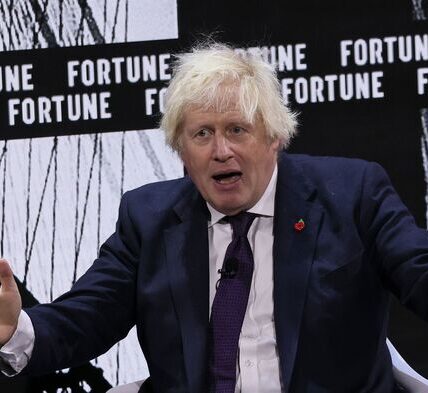Drivers face costs as high as 11p per mile even if they have a home charger following Labour tax hike plans.

Pay per mile tax could be introduced this month (Image: Getty)
Drivers could be forced to pay 11p per mile on average to run an electric car following heavy speculation that Labour is looking at a new tax scheme for EVs in the upcoming Autumn Budget.
It has been reported this week that Chancellor Rachel Reeves is set to unveil a 3p per mile tax on EVs in the speech on November 26, when she also sets out tax and spending plans thought to include possible manifesto-breaking Income Tax or National Insurance rises.
With the cost of running an EV per mile currently an average of about 8p per mile on a typical home standard tariff according to Which? figures, that would take the cost per mile to 11p, combining the charging cost with the tax.
For those with a special EV off-peak charge tariff, currently averaging 2p per mile costs, it would more than double overall costs to 5p per mile.
The scheme is set to be implemented in 2028 following a consultation, and would cost EV drivers an average of £250 per year, according to the Telegraph.
The scheme would see users estimate how far they will drive in the following year, and then make an extra payment on top of their road tax, officially known as Vehicle Excise Duty.
Even with the new tax, the cost of running an EV will still be significantly cheaper than petrol or diesel, according to Which?.
It said: “For comparison, the cost to refuel a typical large petrol or diesel SUV is 15p per mile (based on paying 134p for petrol and 140.49p for diesel).”
A Government spokesperson refused to rule out a pay per mile EV tax. They said: “Fuel duty covers petrol and diesel, but there’s no equivalent for electric vehicles.
“We want a fairer system for all drivers whilst backing the transition to electric vehicles, which is why we have invested £4 billion in support, including grants to cut upfront costs by up to £3,750 per eligible vehicle.
“Just as it is right to seek a tax system that fairly funds roads, infrastructure and public services, we will look at further support measures to make owning electric vehicles more convenient and more affordable.”
AA president Edmund King acknowledged that the Treasury faces losing fuel duty revenue, but urged the Government to “tread carefully” to avoid slowing the transition to EVs.
He said: “We need to see the detail of this proposal to ascertain whether these new taxes will be equitable or a poll tax on wheels.”
Polling by YouGov has shown that Britons mostly support the idea of a pay-per-mile tax for electric cars.
A survey of 5,833 adults in Great Britain carried out on November 6 found that 43% either “strongly support” or “somewhat support” the idea, while 34% either “somewhat oppose” or “strongly oppose” it, while 23% “don’t know”.

